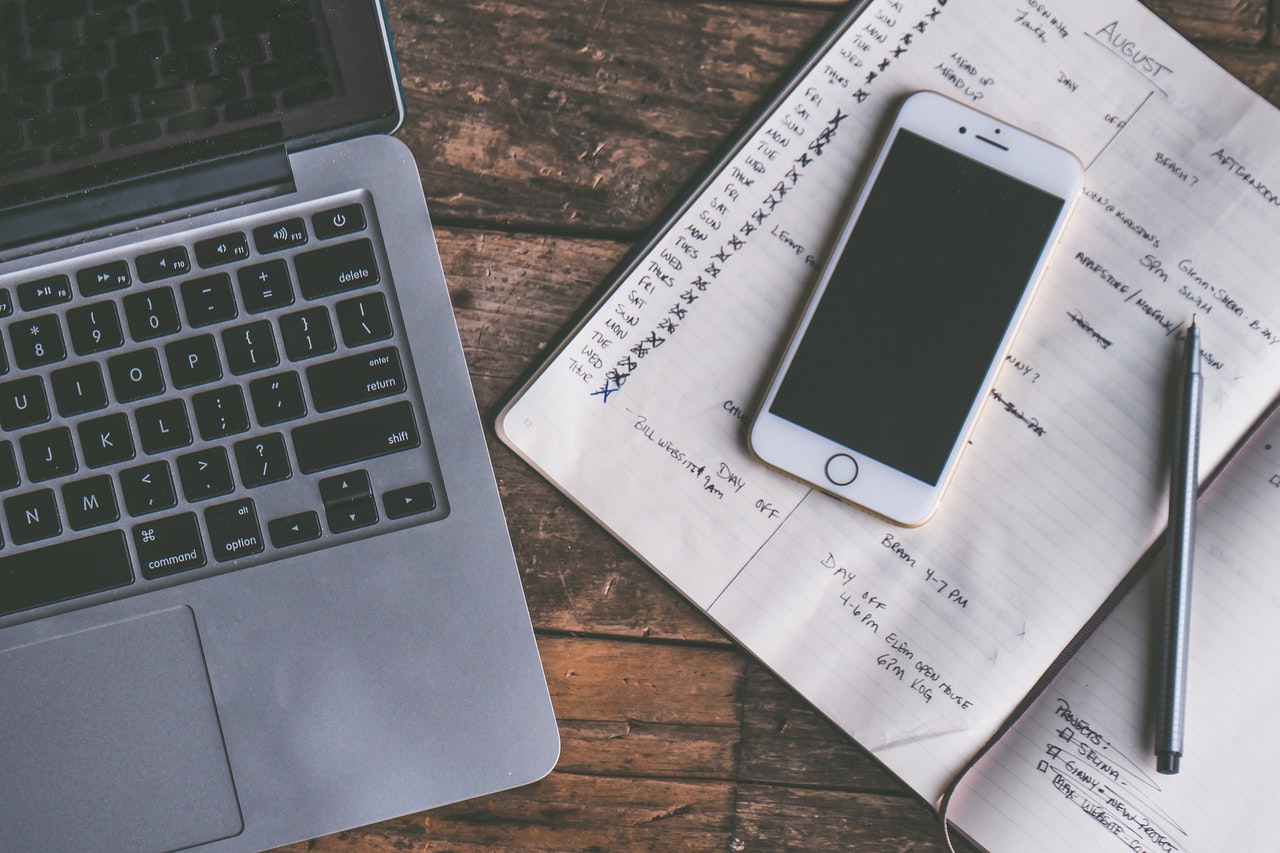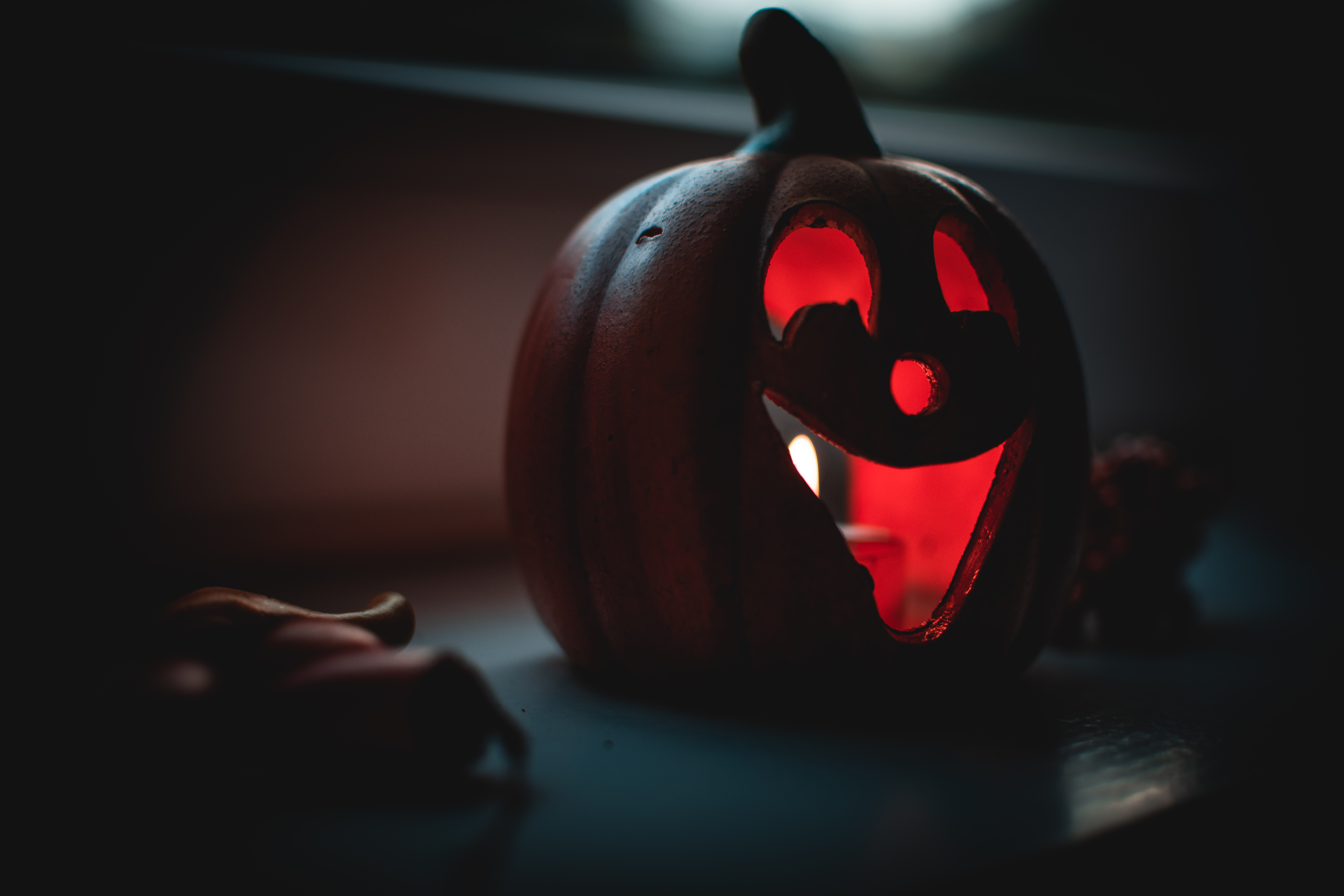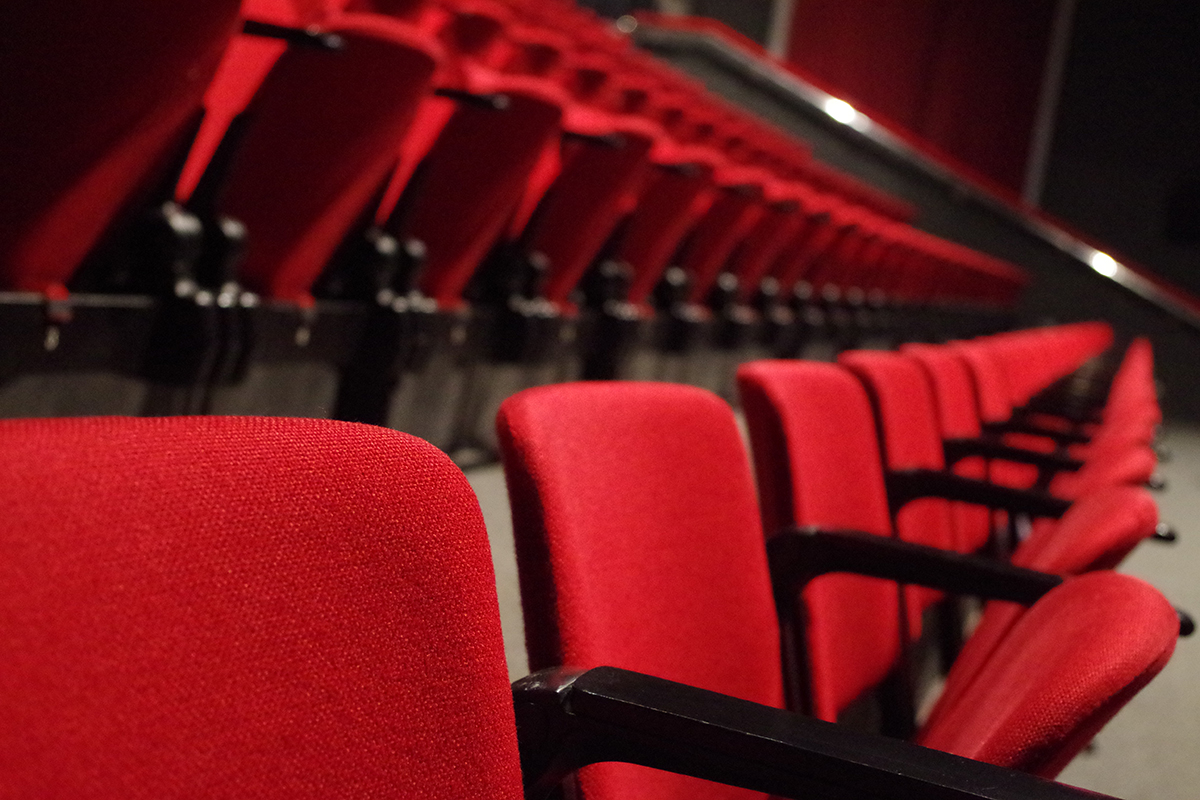- Details
- Category: Senator Patrick Joyce News
 PARK FOREST – Businesses and organizations in Kankakee, Cook and Will Counties are among the 1,200 recipients of more than $46 million in Business Interruption Grants (BIG) prompted by the COVID-19 pandemic, State Senator Patrick Joyce (D-Essex) announced Friday.
PARK FOREST – Businesses and organizations in Kankakee, Cook and Will Counties are among the 1,200 recipients of more than $46 million in Business Interruption Grants (BIG) prompted by the COVID-19 pandemic, State Senator Patrick Joyce (D-Essex) announced Friday.
“COVID-19 has been especially hard on our small business community these past few months,” Joyce said. “I’m pleased to learn businesses in our community have taken advantage of this program, and with funds still available, I encourage all eligible businesses to apply for grants.”
Read more: Joyce announces additional $490,000 in aid to local businesses
- Details
- Category: Senator Scott Bennett News
 CHAMPAIGN – To help the many small business owners facing economic hardship as a result of the COVID-19 crisis, State Senator Scott Bennett (D-Champaign) announced Champaign and Vermilion County businesses will receive aid through the Business Interruption Grant (BIG) program.
CHAMPAIGN – To help the many small business owners facing economic hardship as a result of the COVID-19 crisis, State Senator Scott Bennett (D-Champaign) announced Champaign and Vermilion County businesses will receive aid through the Business Interruption Grant (BIG) program.
“The BIG program is essential to small businesses who have been financially impacted by the COVID-19 pandemic,” Bennett said. “I’m pleased to see so many businesses take advantage of this grant opportunity, and I would like to see more apply while funding is still available.”
- Details
- Category: Senator Patrick Joyce News
 PARK FOREST – This Halloween, State Senator Patrick Joyce (D-Essex) is reminding drivers to keep themselves, other motorists and trick-or-treaters safe by never driving under the influence.
PARK FOREST – This Halloween, State Senator Patrick Joyce (D-Essex) is reminding drivers to keep themselves, other motorists and trick-or-treaters safe by never driving under the influence.
“Halloween may look a bit different due to the COVID-19 pandemic,” Joyce said. “I want to encourage folks to celebrate safely by following health guidelines and making plans for a sober ride home if you plan to drink.”
- Details
- Category: Senator Linda Holmes News
 AURORA – As many businesses continue to struggle through the COVID-19 pandemic, State Senator Linda Holmes (D-Aurora) is encouraging small business owners to apply for the second round of the Business Interruption Grant (BIG) program, a key piece of the state’s pandemic response effort.
AURORA – As many businesses continue to struggle through the COVID-19 pandemic, State Senator Linda Holmes (D-Aurora) is encouraging small business owners to apply for the second round of the Business Interruption Grant (BIG) program, a key piece of the state’s pandemic response effort.
“Local businesses have confronted unmatched challenges during the COVID-19 pandemic, and I’m pleased we have another round of grants available to help them get back on their feet,” said Holmes. “Their resourcefulness and flexibility has helped them adapt to new safety guidelines, and I hope this program can give them the means to bounce back.”
The BIG program has allocated $220 million to Illinois small businesses in the second round, with priority given to businesses in regions under increased mitigation measures. BIG funds may be used to help businesses cover the costs of payroll, rent, utilities and other working capital during the time they have experienced interruptions due to the pandemic.
To ensure funds are distributed across the state and across business type, $60 million has been specifically allocated for heavily distressed industries, including indoor recreation facilities and amusement parks, and another $70 million has been set aside for businesses located in disproportionately impacted areas, or low-income areas that have experienced high rates of COVID-19. For a full list of eligible zip codes, click here.
The Illinois Department of Commerce and Economic Opportunity awarded a total of $46 million to 2,655 small businesses in the first round of BIG funding earlier this year. Those grants went to Illinois restaurants and bars, barbershops and salons, and fitness centers. In the Aurora area, 33 local businesses received a combined $540,000.
“It was gratifying to see our local businesses get this boost in the first round of the BIG program,” Holmes said. “I encourage all affected businesses who haven’t yet applied to apply for funding as soon as possible.”
Applications for the second round of the BIG program are available now and can be found on DCEO’s website at Illinois.gov/dceo.
- Details
- Category: Senator Scott Bennett News
 DANVILLE – With Halloween only days away, State Senator Scott Bennett (D-Champaign) is urging drivers and adults to take extra precautions this year to keep everyone safe.
DANVILLE – With Halloween only days away, State Senator Scott Bennett (D-Champaign) is urging drivers and adults to take extra precautions this year to keep everyone safe.
“While Halloween celebrations may be different this year, it’s still important to plan for a sober ride home, especially while children are trick-or-treating in the dark,” Bennett said. “If your Halloween festivities are going to involve alcohol, plan ahead.”
- Details
- Category: Senator Christopher Belt News
 EAST ST. LOUIS – State Senator Christopher Belt (D-Centreville) expressed his support for Thursday’s joint committee hearing on increasing diversity in labor unions, apprenticeship programs and the workforce.
EAST ST. LOUIS – State Senator Christopher Belt (D-Centreville) expressed his support for Thursday’s joint committee hearing on increasing diversity in labor unions, apprenticeship programs and the workforce.
“Diversity and inclusion are essential in creating a well-rounded, productive, successful labor force,” Belt said. “Labor unions and apprenticeship programs are enormously helpful to workers entering the industry. When we expand these services to reach people of color, it can enable more Illinoisans to find good-paying, lifelong careers.”
Read more: Belt expresses his support for increasing diversity in labor unions
- Details
- Category: Senator Steve Stadelman News

ROCKFORD – State Senator Steve Stadelman (D-Rockford) is highlighting the second round of Business Interruption Grants the Illinois Department of Commerce and Economic Opportunity is awarding to Rockford businesses and other small business communities that have been hit the hardest by COVID-19-related losses and closures.
“Small businesses are the lifeblood of my community,” Stadelman said. “They need this grant money to endure, and I’m happy the state continues to prioritize communities like Rockford in these hard times.”
Forty Rockford-area small business will receive a total of over $1 million in this second round of BIG funding, which builds on the more than $49 million in grants awarded statewide in August. The Rockford area received nearly $2 million in grants during the first round, which ranged from $10,000 to $20,000 to assist businesses with expenses like payroll costs, rent, utilities, equipment and other possible unexpected costs to relieve the effects of the pandemic.
- Details
- Category: Senator Napoleon Harris III News
 DOLTON – As local businesses continue to see financial losses from the COIVD-19 pandemic, State Senator Napoleon Harris (D-Harvey) urges small business to apply for the second round of the Business Interruption Grants.
DOLTON – As local businesses continue to see financial losses from the COIVD-19 pandemic, State Senator Napoleon Harris (D-Harvey) urges small business to apply for the second round of the Business Interruption Grants.
“Small businesses need our support – now more than ever. They are a pillar of our local economy, and our state made it a priority to ensure they stay afloat,” Harris said. “I encourage small businesses to take advantage of this opportunity.”
Read more: Harris urges businesses to apply for second round of relief funding
More Articles …
Page 609 of 768













 © 2026 Illinois Senate Democratic Caucus
© 2026 Illinois Senate Democratic Caucus